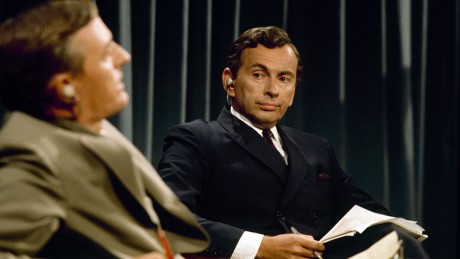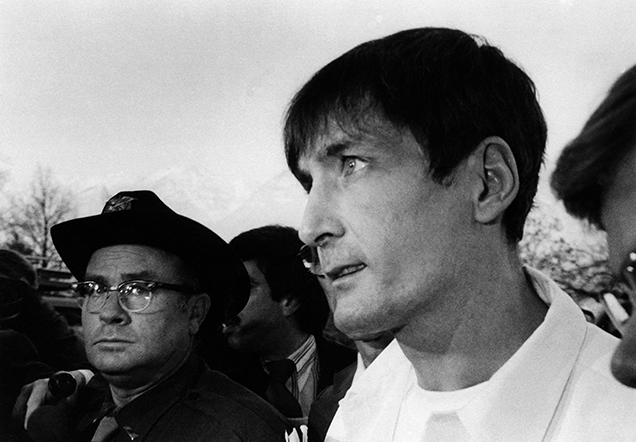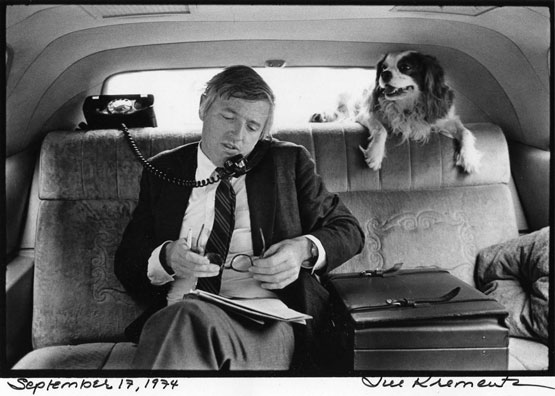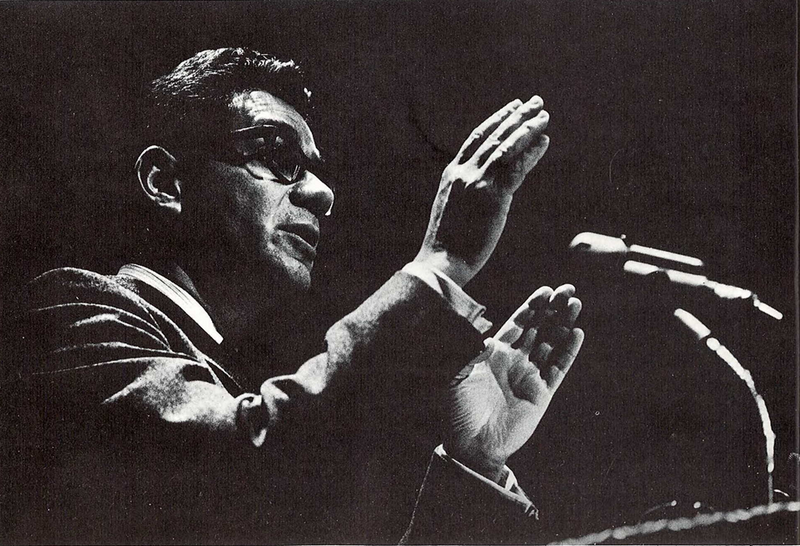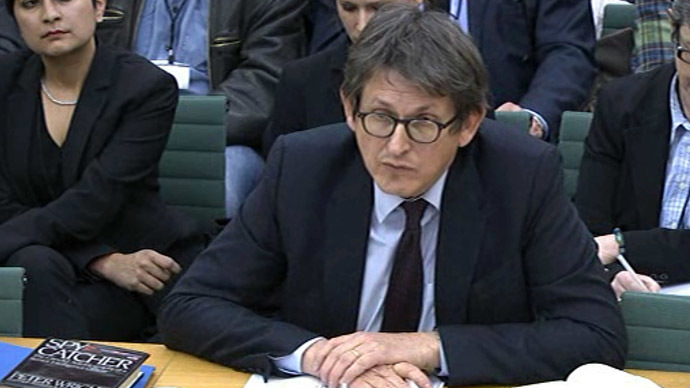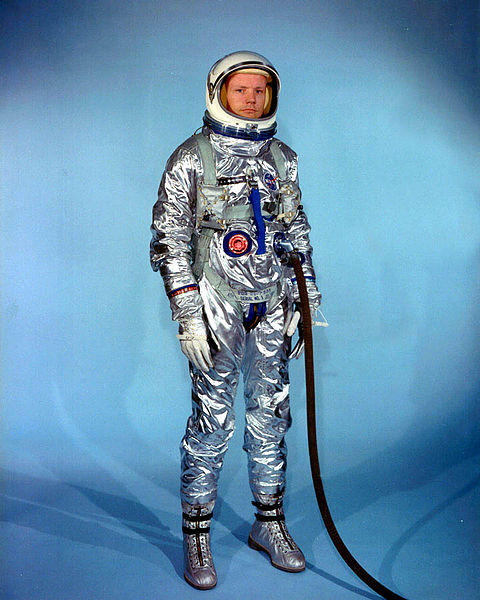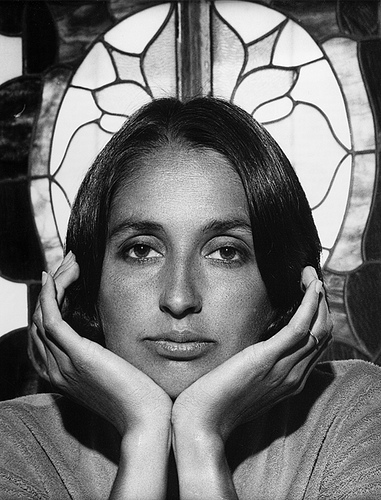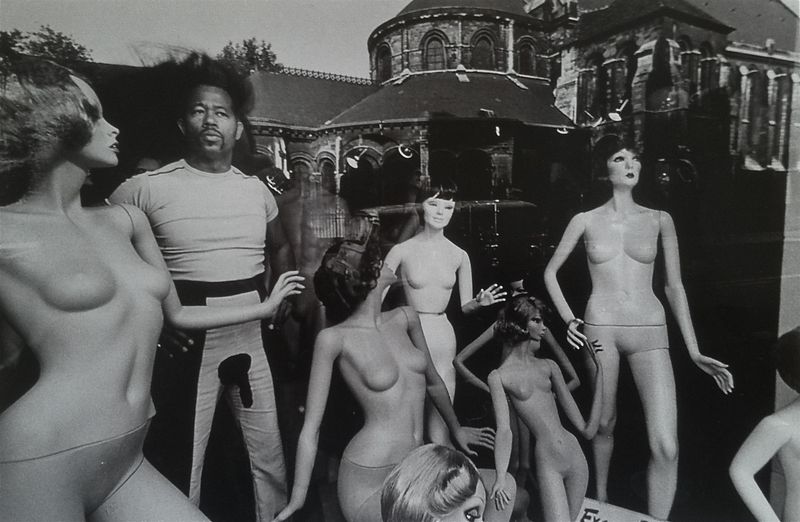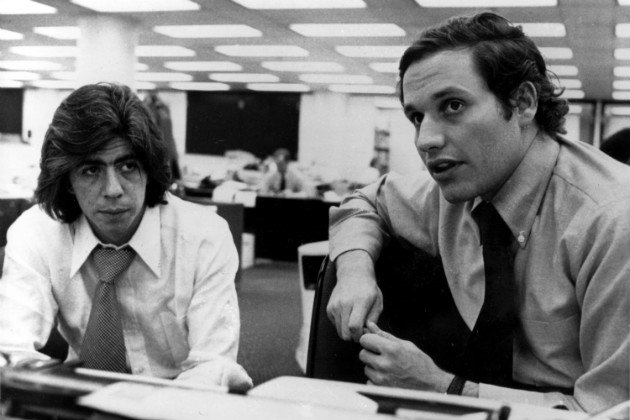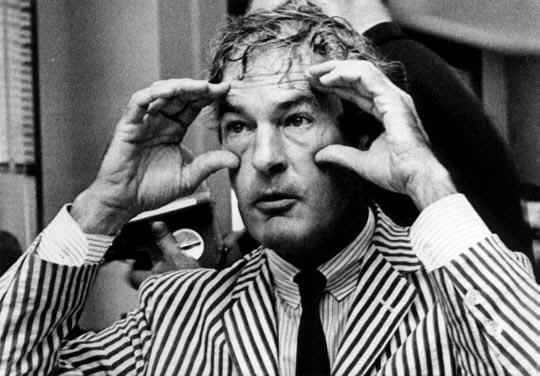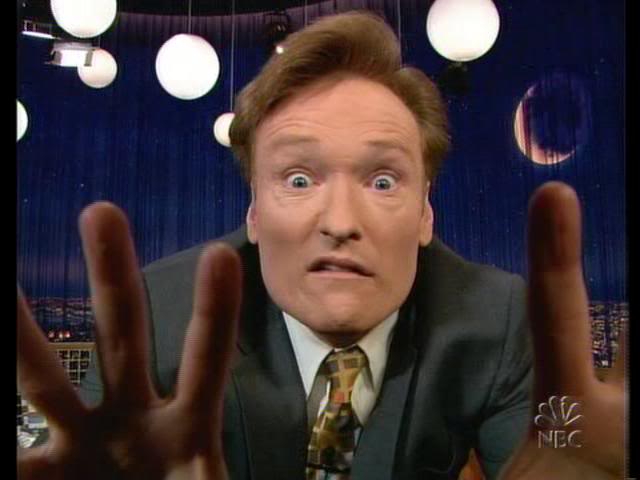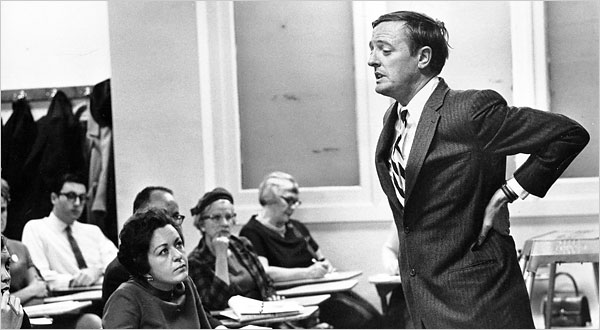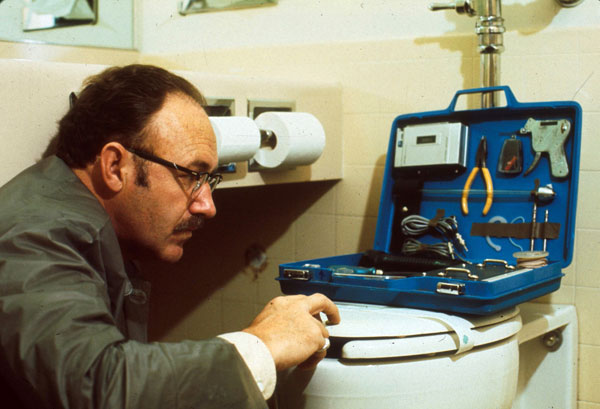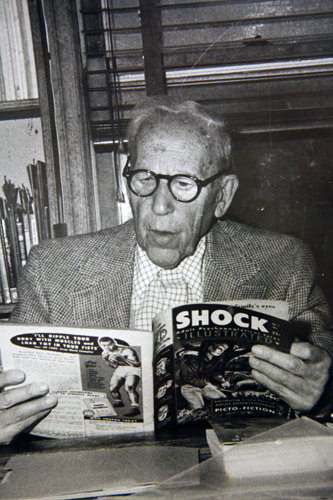Years before Gore Vidal squared off with a lit Norman Mailer on Dick Cavett’s talk show, he and William F. Buckley tore into each other on live TV on numerous occasions in the run-up to the 1968 Presidential election, a continuing spectacle so vicious (“the only pro or crypto-Nazi here is yourself”) that it ultimately carried over into a courtroom. It was a huge sensation, a dress rehearsal of sorts for the tempestuous Fischer-Spassky televised chess matches, with two men who saw themselves as kingmakers behaving like pawns. The confrontation wasn’t just a sideshow but, sadly, prelude: political opinion becoming little more than scathing spectacle of little value or substance.
The endless channels enabled by new technologies and the Reagan erasure of Fairness Doctrine would have delivered us into loud, partisan bickering regardless, but Morgan Neville and Robert Gordon’s new documentary, Best of Enemies, sees the Buckley-Vidal drama as the tipping point of our new abnormal.
The opening of Michael M. Grynbaum’s well-written NYT article about the film:
Before partisan panels, split-screen shoutfests and brash personalities became ubiquitous on cable news, there were two men who despised each other sitting side by side on a drab soundstage, debating politics in prime time during the presidential nominating conventions of 1968. There were Gore Vidal and William F. Buckley Jr.
Literary aristocrats and ideological foes, Vidal and Buckley attracted millions of viewers to what, at the time, was a highly irregular experiment: the spectacle of two brilliant minds slugging it out — once, almost literally — on live television. It was witty, erudite and ultimately vicious, an early intrusion of full-contact punditry into the staid pastures of the evening news.
What transpired would alter both men’s lives — and, as a new documentary argues, help change the course of how the American political media reports the news. Best of Enemies, which opens July 31, makes the case that their on-screen feuding opened the floodgates for today’s opinionated, conflict-driven coverage.•

